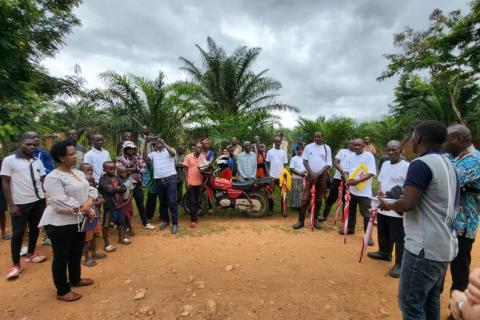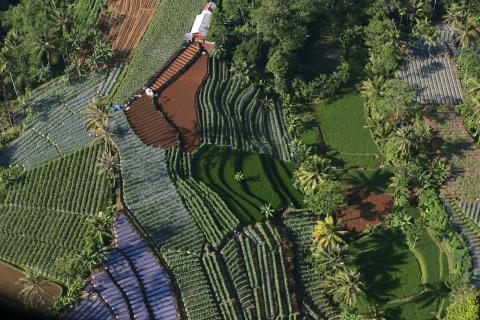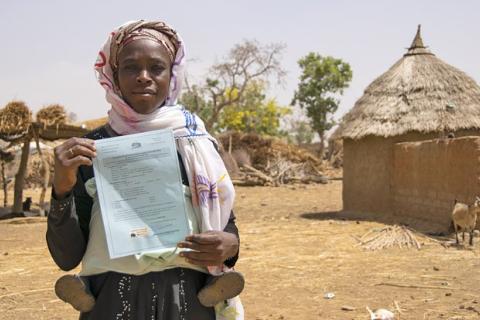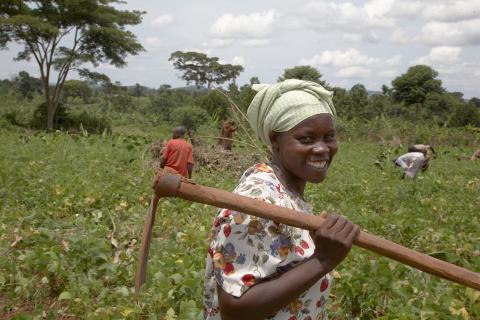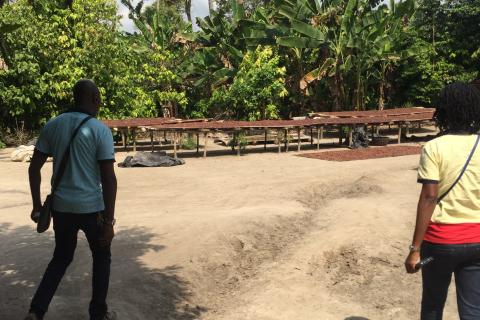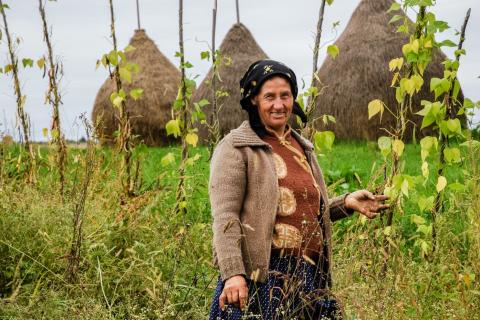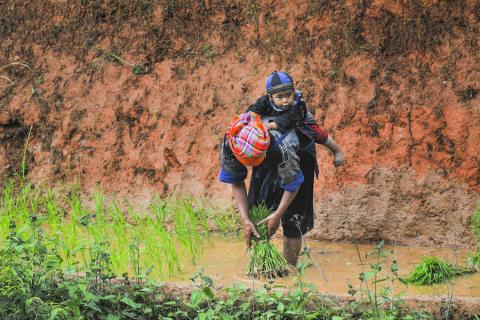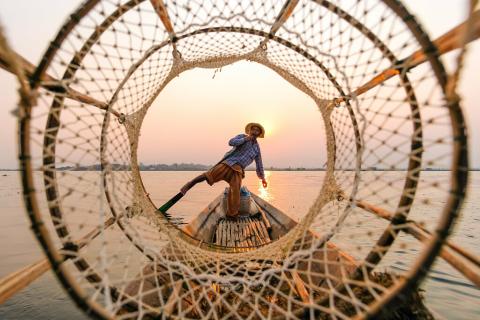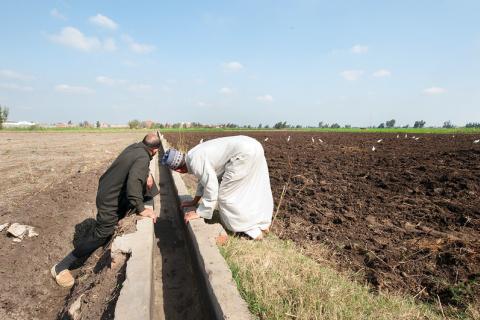LAND-at-scale Burundi: The need for a unified vision for inclusive and sustainable land governance
Burundi has the world’s highest hunger score and around 45 percent of the population is affected by food insecurity. The country copes with increasing scarcity of land as a result of increasing population size, returnees and IDPs and climate change. With the majority of Burundians depending on agriculture for their food and livelihoods, land scarcity makes this reliance on agriculture precarious. This pressure on land causes elevated levels of land disputes with over 55% of all court cases being related to conflicts over land.
Opening remarks for the GIZ Land Governance Knowledge Exchange Workshop
Opening remarks for the GIZ Land Governance Knowledge Exchange Workshop delivered by
Dr Arno Sckeyde, Head of Program, Strengthening Advisory Capacities for Land Governance in Africa (SLGA)
Dr. Klaus Ackermann, Head of Global Program Responsible Land Policy
Your Excellency, Madam Minister, Distinguished guests, Ladies and Gentlemen,
The Global Land Rush, Revisited
When the US housing bubble burst in late 2008, it dragged major banks into liquidation and destabilised financial systems worldwide. A long, era-defining recession ensued, ushering bank bailouts, currency crises and austerity measures. Meanwhile, China’s skyrocketing industrial production was shifting global economic power.
Interview with Javier Molina Cruz: Taking the VGGT to the Next Level
Over the past nine years, the project on Supporting Implementation of the Voluntary Guidelines on the Responsible Governance of Tenure of Land, Fisheries and Forests (VGGT) has helped countries make political commitments towards the eradication of hunger, food insecurity, and malnutrition, with the explicit outcome of increasing awareness among decision makers, development partners, and society at large regarding access to natural resources. The Food a
Securing land tenure in Uganda: A collaborative approach to address root causes of food insecurity
There is an immense pressure on land in Uganda. The country has a rapidly growing population and is host to the world’s third largest refugee population. Particularly poor people struggle to get access to healthy food. Agriculture practices need to become more efficient and focused on the domestic market. The Embassy of the Kingdom of the Netherlands (EKN) in Uganda works to improve food security in selected areas in the country. Among several food security projects, the EKN works with the LAND-at-scale program to improve land governance.
Land Rights, Migration, and Deforestation in Tropical Commodity Production
Addressing the land and conservation communities’ discomfort in discussing the relationships between migrants, Indigenous peoples, and tropical forests in the fight against climate change.
Land Inequality Is a Crisis. Achieving Women’s Land Rights Is How We Respond.
Land. It is a commodity like no other. We live on it. We grow from it. We drink from it and build our futures upon it. But — increasingly and frighteningly so — we don’t share it equally.
The distribution of land has long defined the gap between rich and poor. Now new data shows clearer than ever how the way in which land is being shared and managed profoundly impacts extreme and rising inequality, and the achievement of women’s and girl’s rights.
Responsible Agricultural Investment in Mekong forest landscapes
The fourth session of the Mekong Land Forum introduced the ASEAN Guidelines on Promoting Responsible Agricultural Investment and identified some of the challenges ahead in implementation. Two companies shared their experiences working with a strong policy in CSR (Corporate Social Responsibility), so that we could consider how company practices can align with the Guidelines.
Enhancing responsible agricultural investment: What role should investment incentives play?
In the Mekong region, agriculture (including forestry and fisheries) employs over 43% of the population and contributes to around 16% to the regional GDP, making it an important sector for investment. Agricultural investment can be key to support economic growth, enhance food security and nutrition and reduce poverty, thereby contributing to the Agenda 2030. Yet, this investment must be responsible to generate sustainable benefits.
RVO and FAO Round Table on Land Consolidation in the Arab World: Experiences from Egypt, Morocco, Sudan and Tunisia
What are the state-of-the-art and new approaches to land consolidation as part of integrated rural development strategies in North Africa and Near East? That was the main question around which several experts from Egypt, Morocco, Sudan, Tunisia, and Turkey joined the FAO/ RVO roundtable discussion on land consolidation during the Second Arab Land Conference last February; a session which 110 participants attended – both in person and online.


